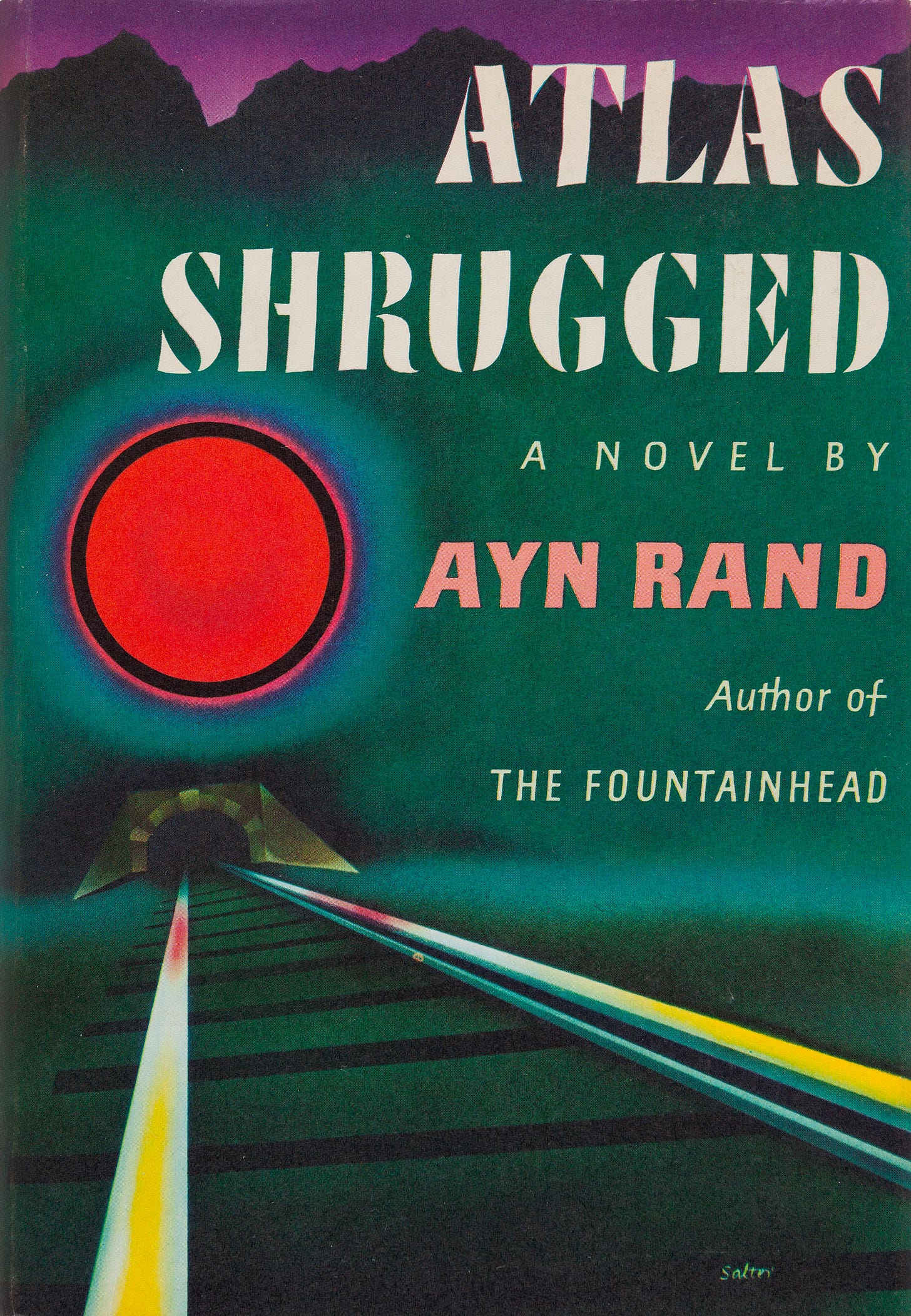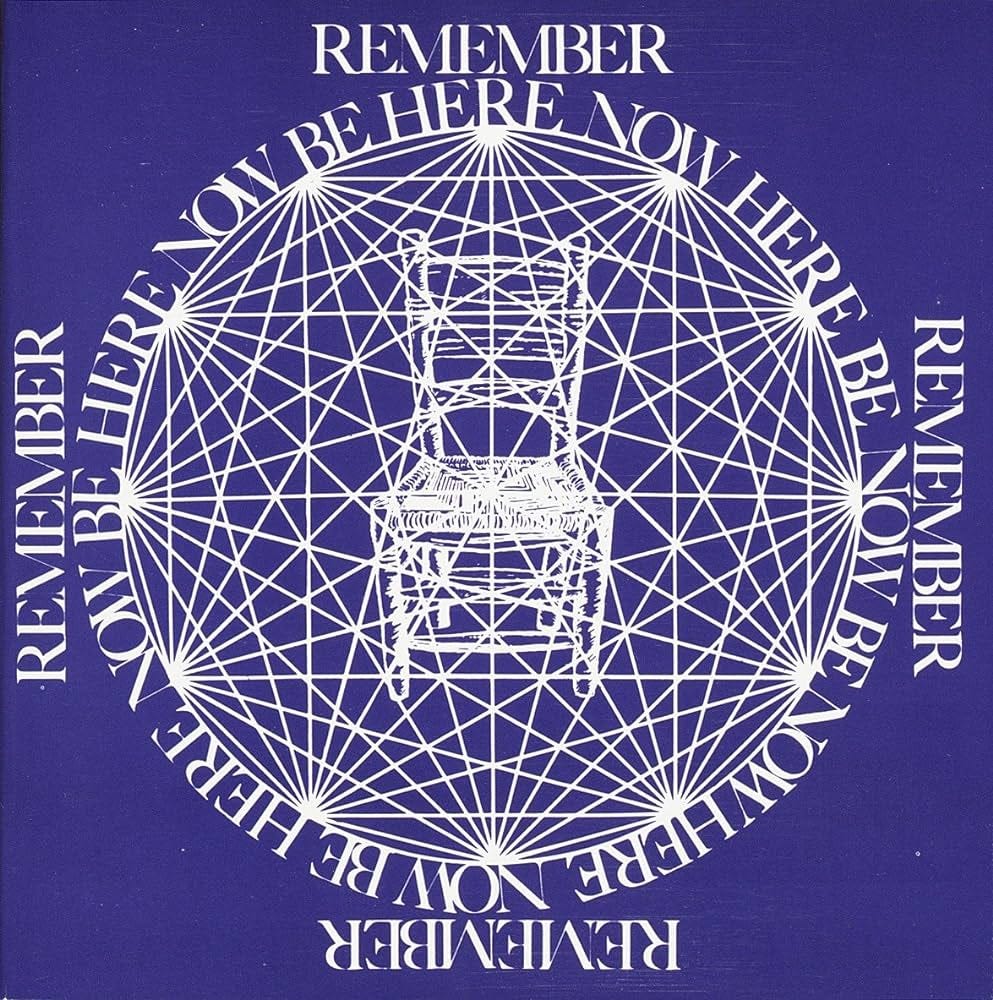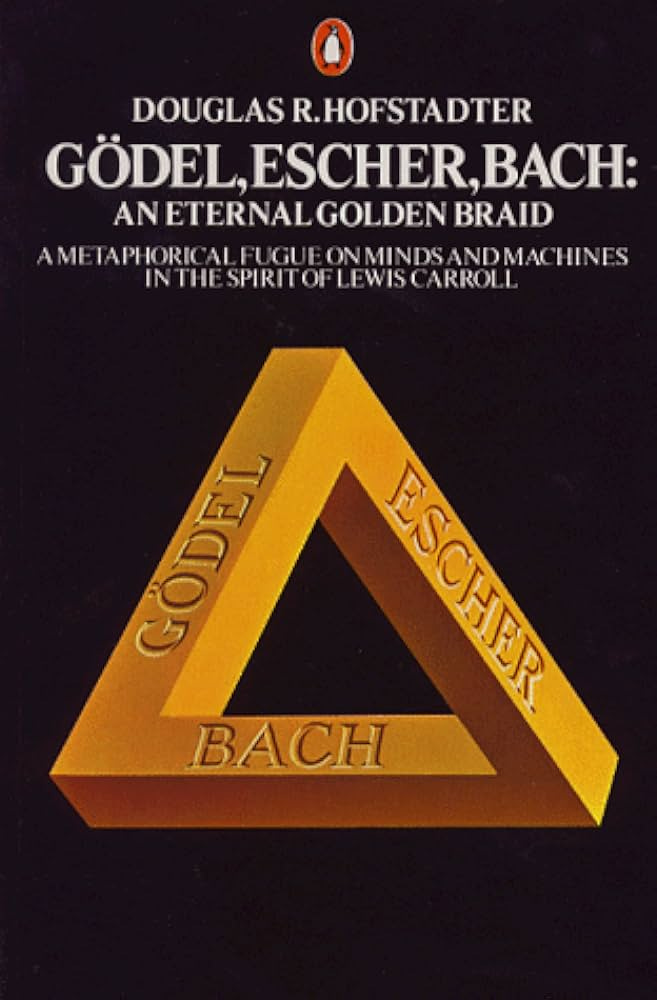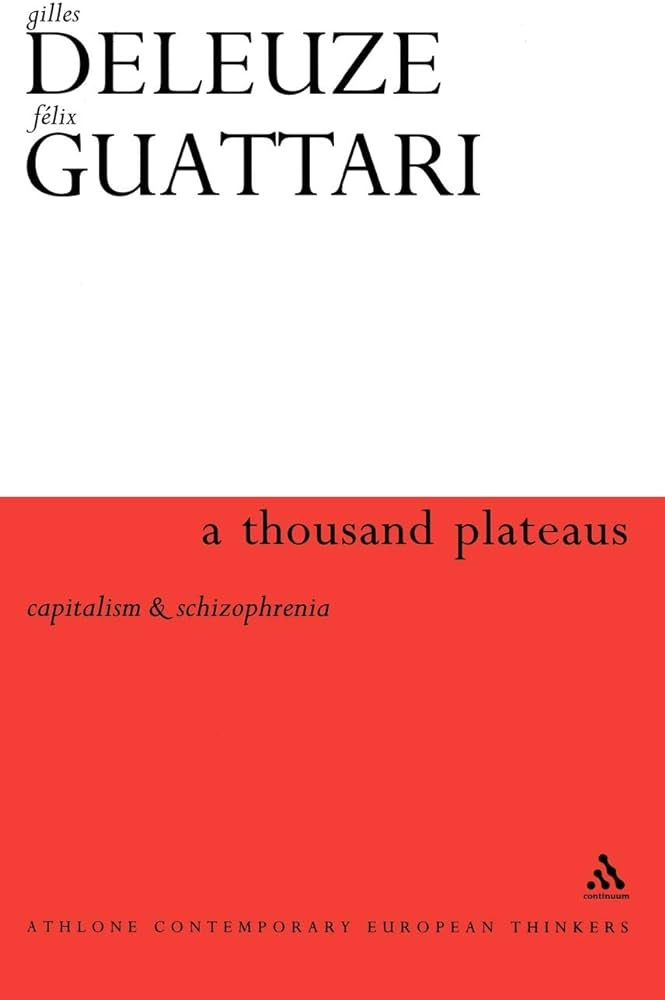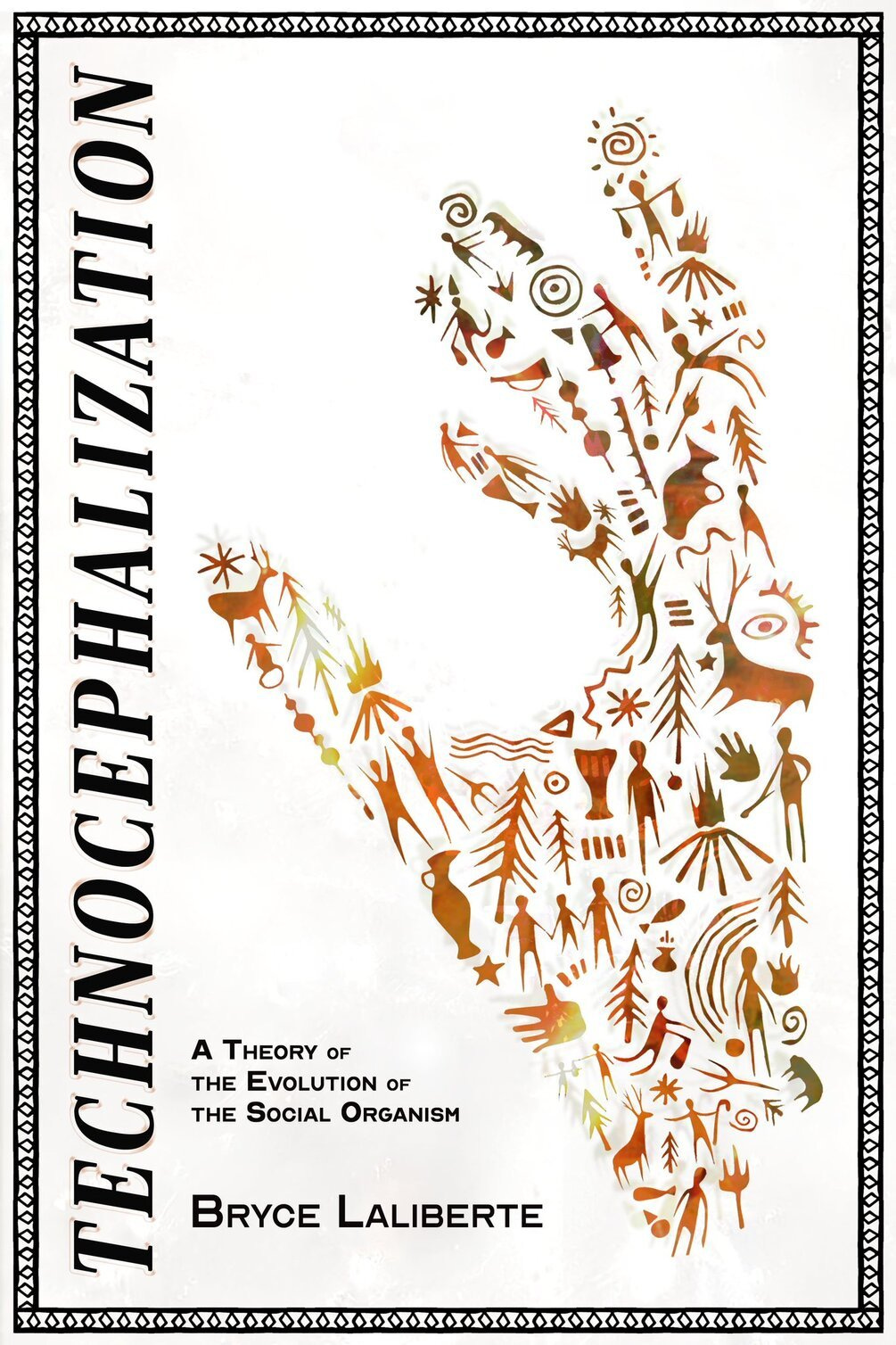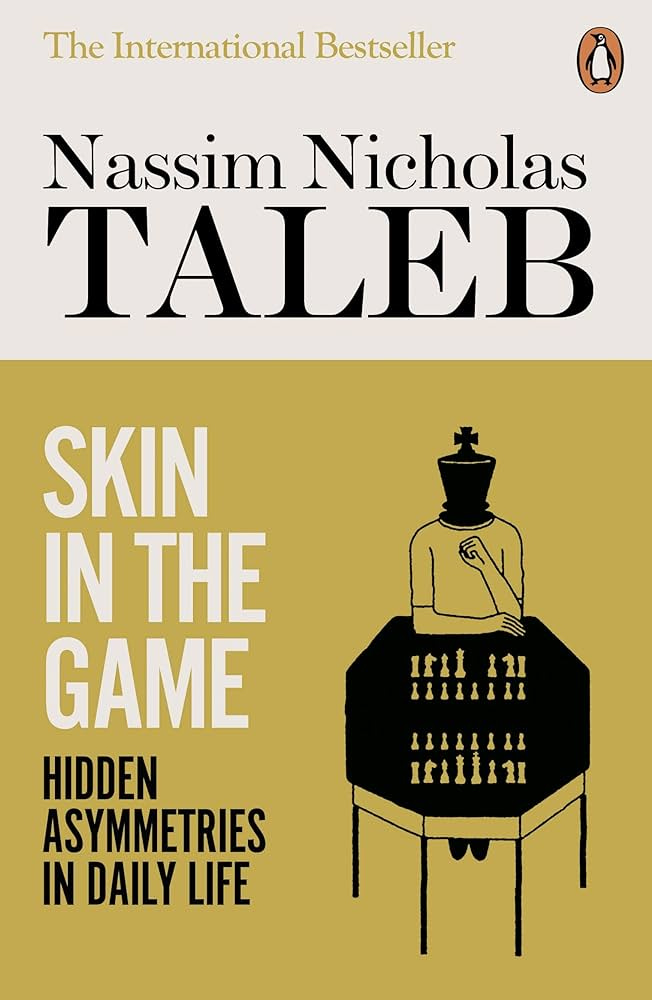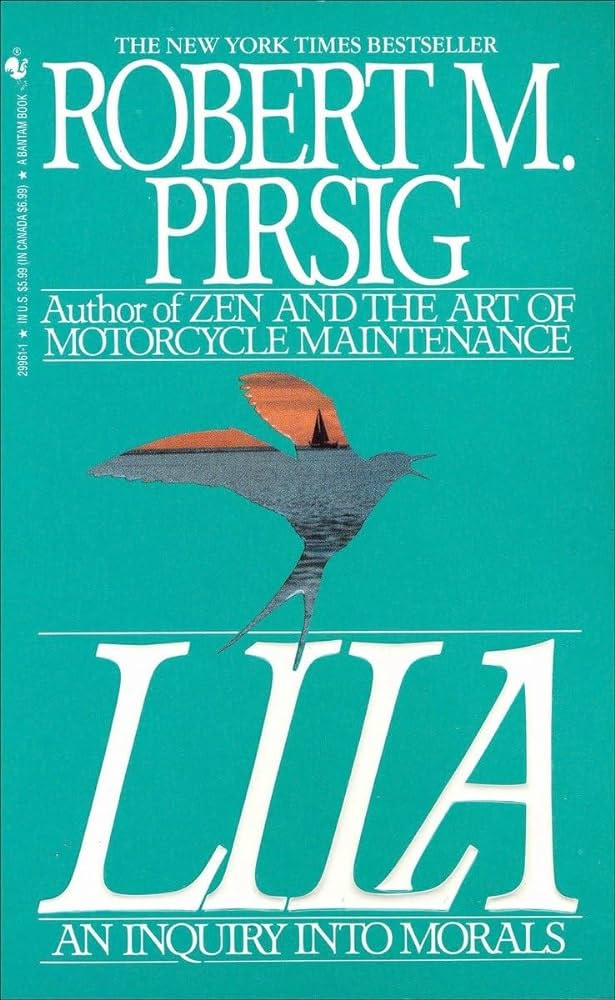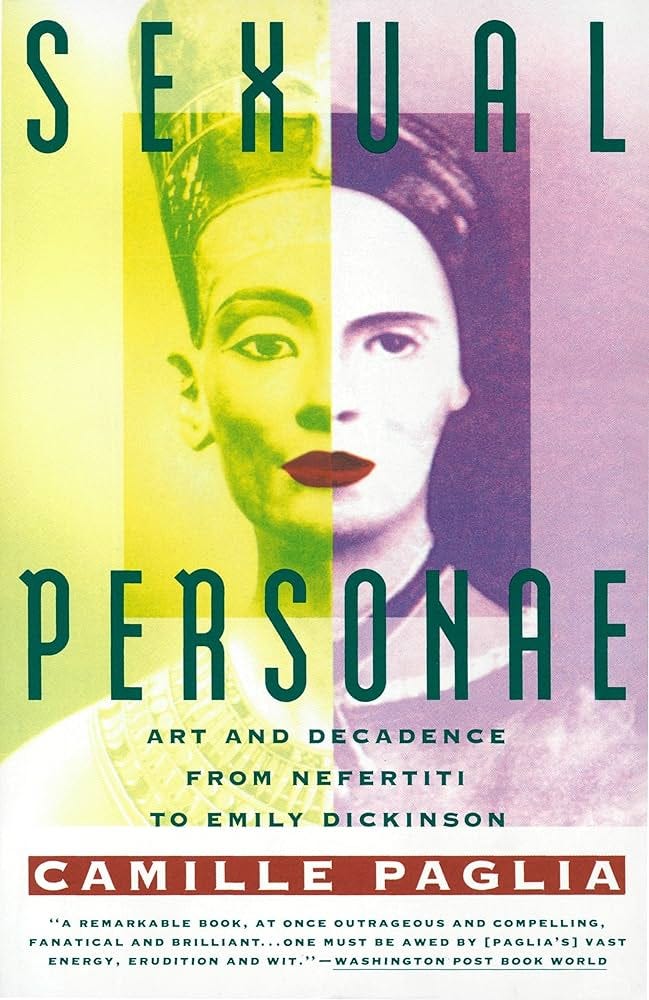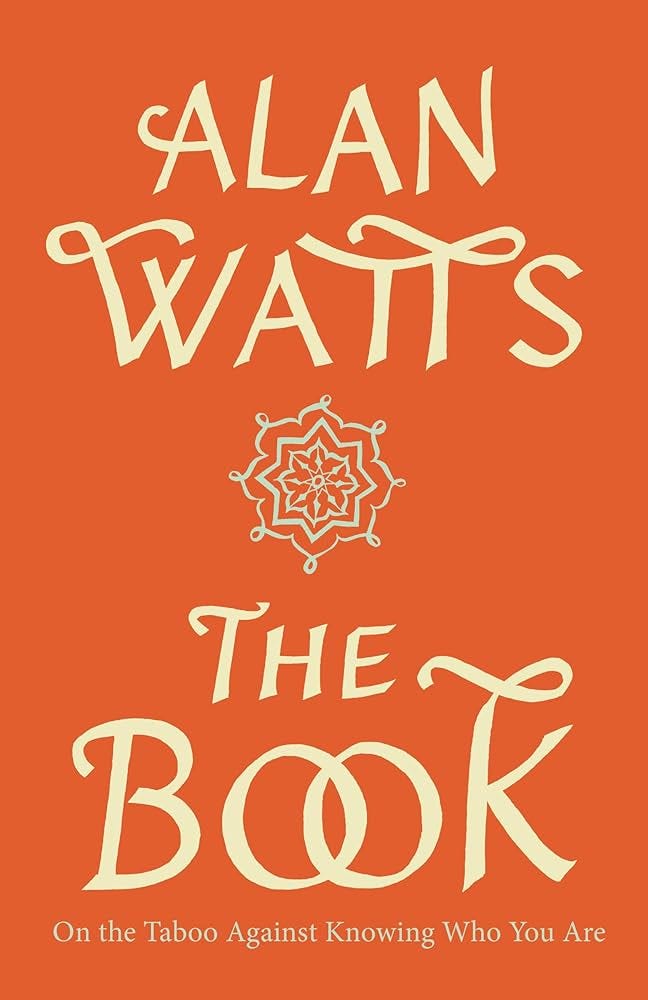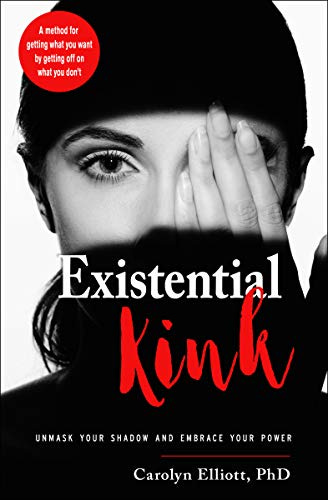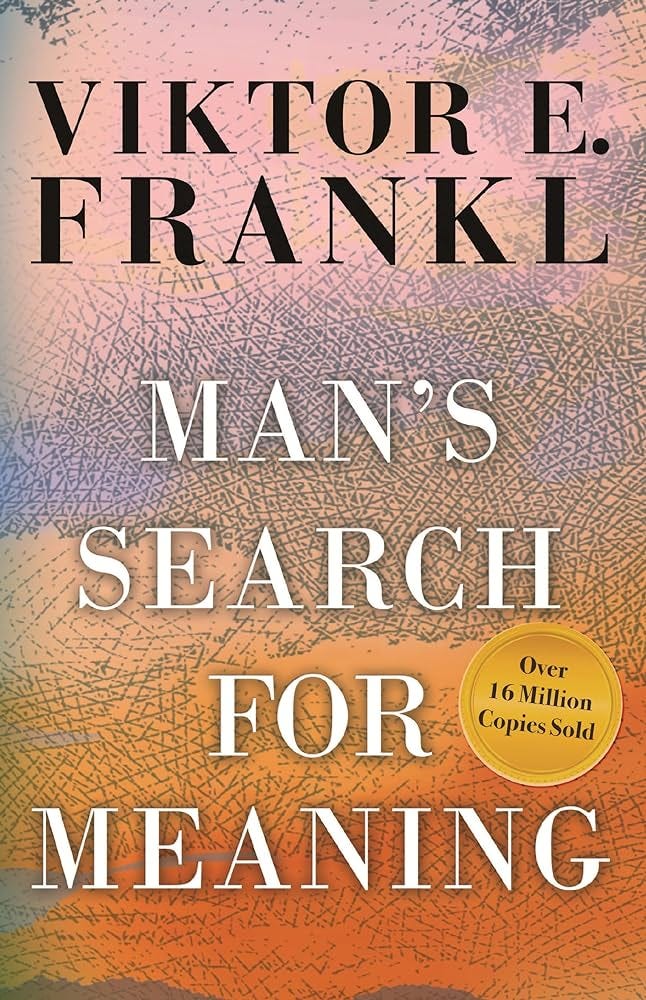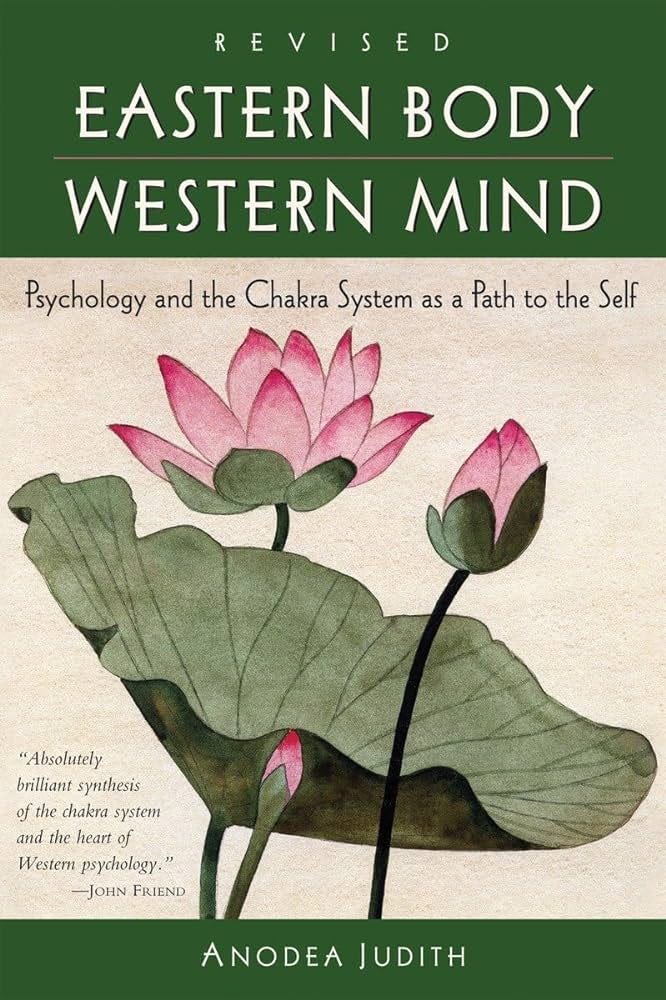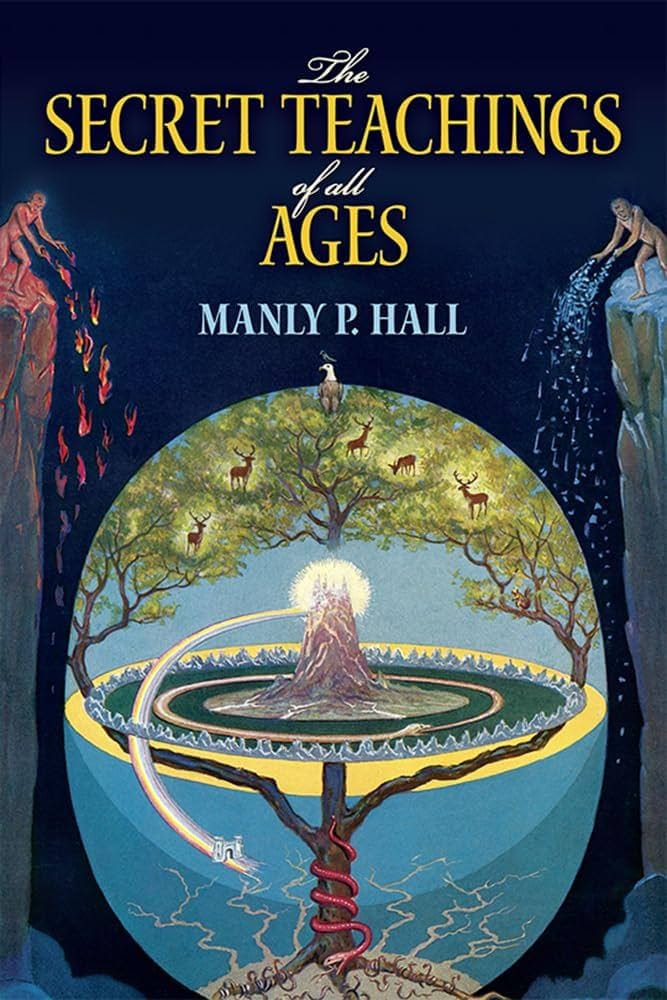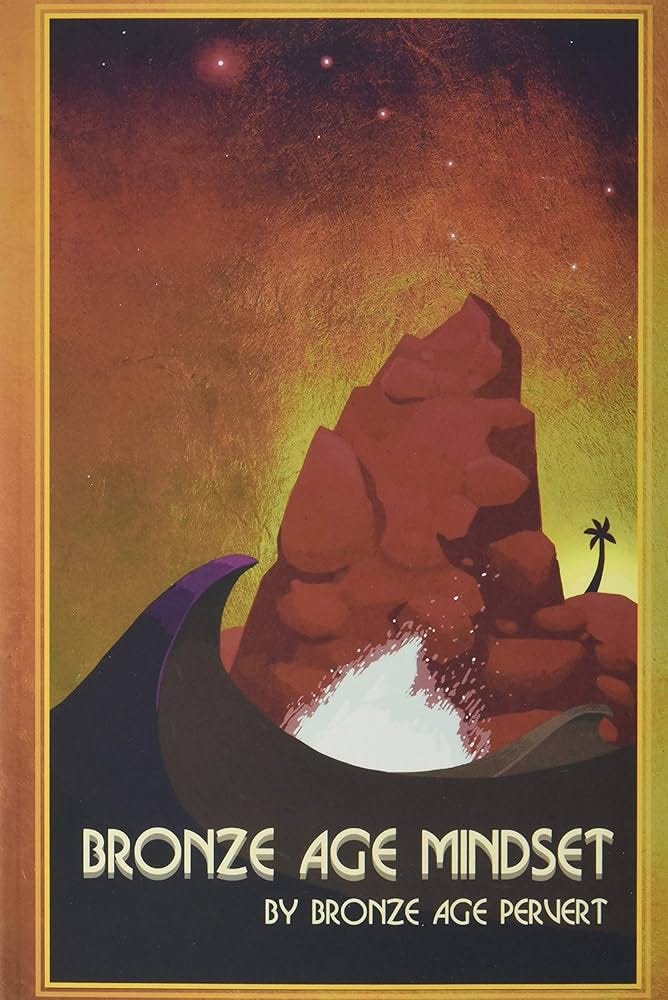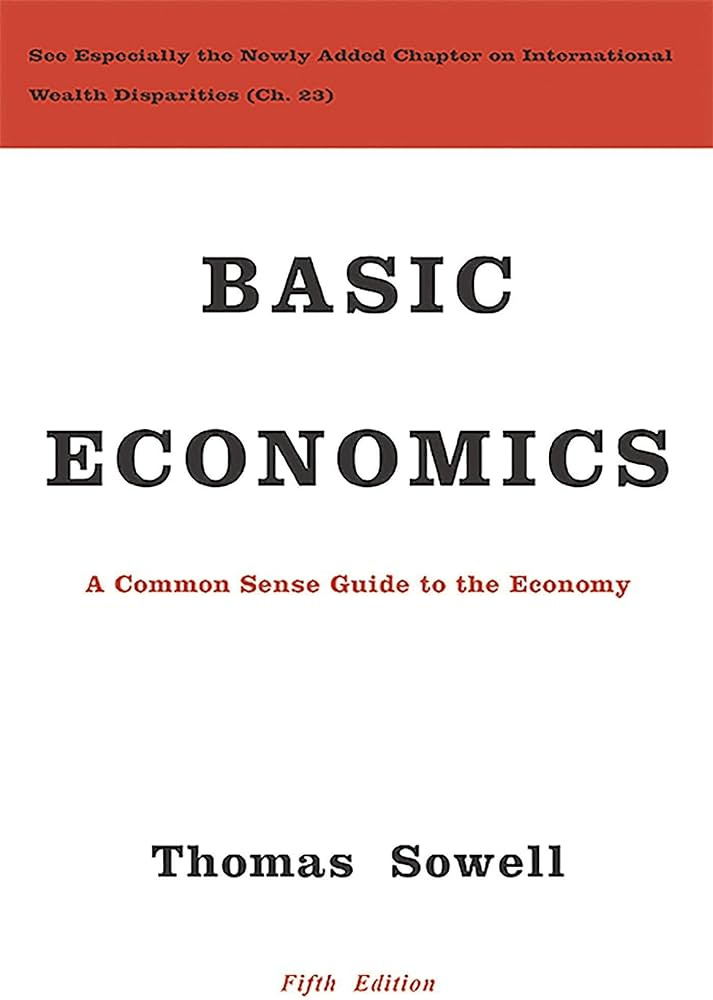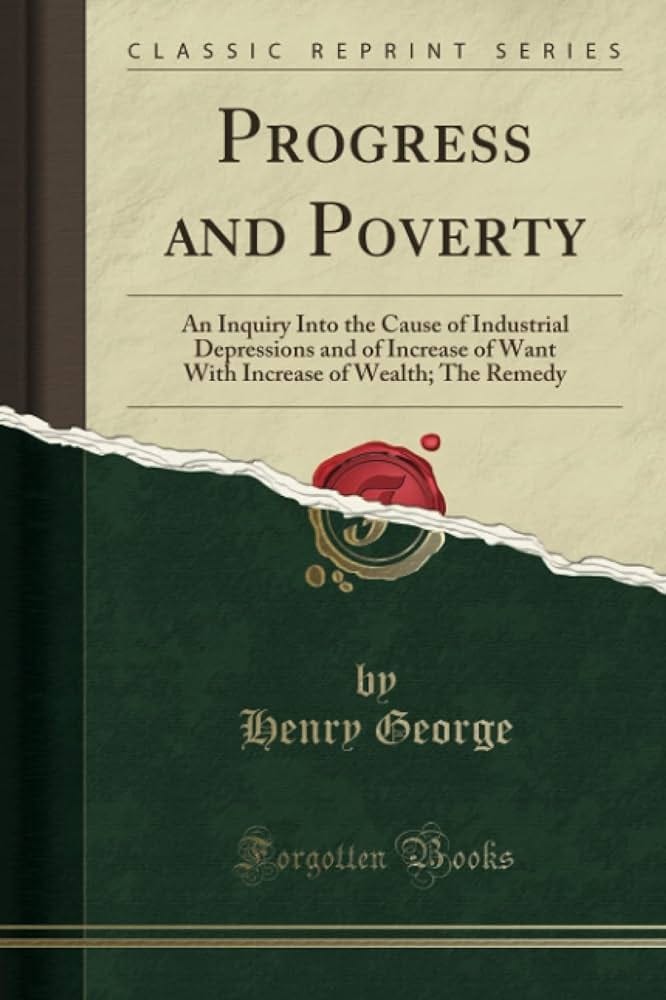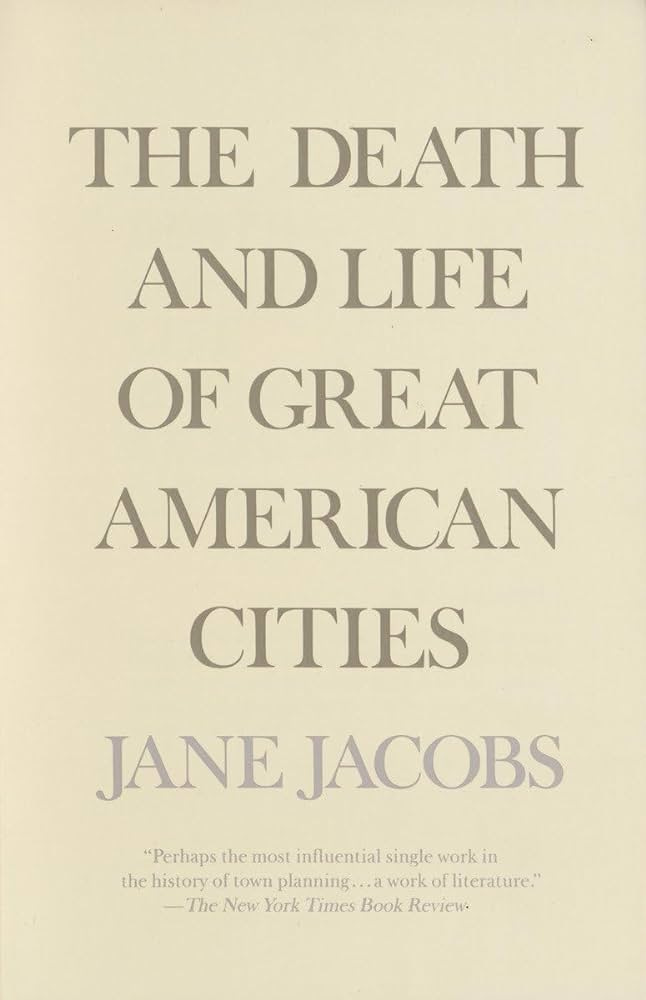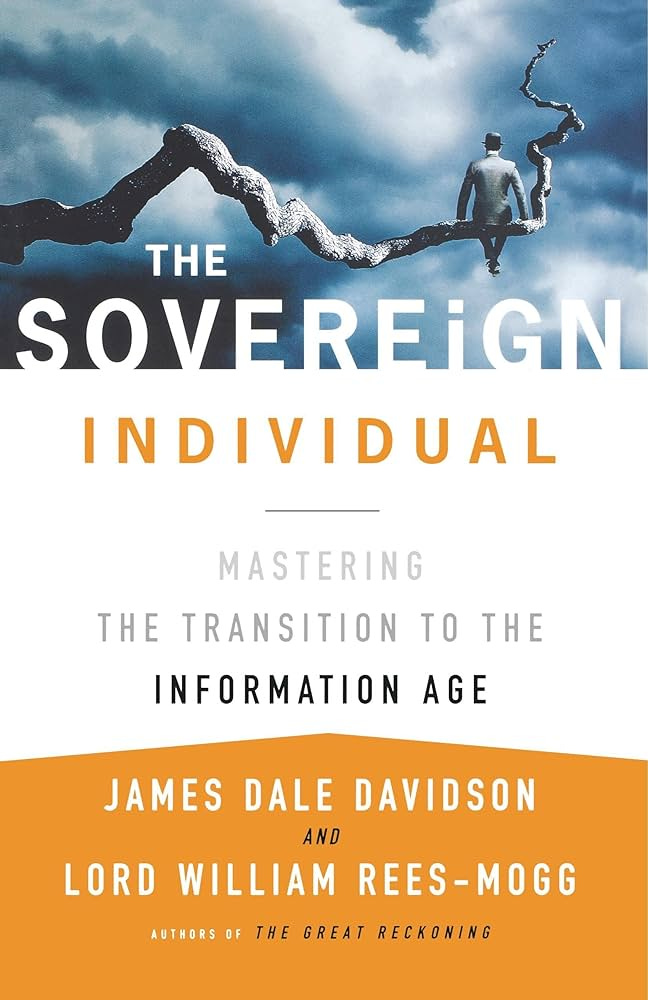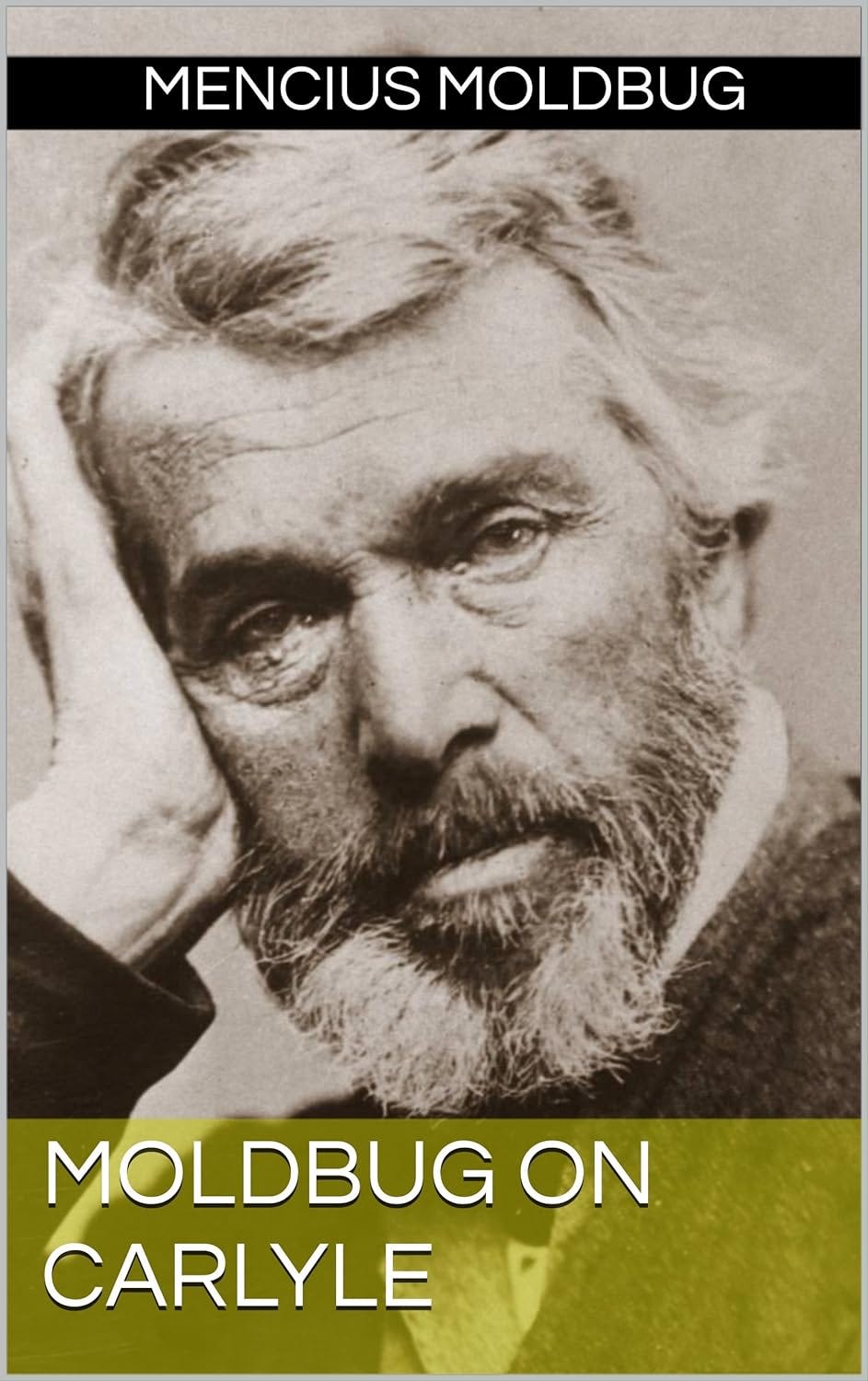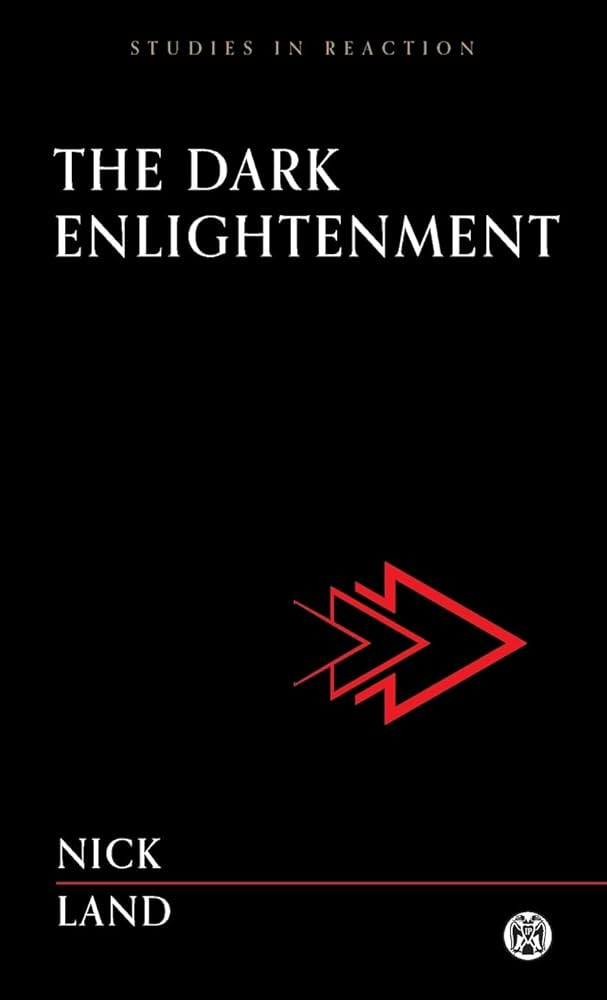i read lots. people often ask me what books i recommend, so i’ve assembled a list.
if any of these sound interesting and you don’t want to run to a library or wait 2h for amazon prime, i’ve uploaded free pdfs of all the texts for my loyal, beautiful, irreplaceable substack supporters.
the books are divided into four sections:
The Holy Trinity
Relational Philosophy: systems, binaries, and processes
Spiritual Philosophy: stories, psychology, and desire
Political Philosophy: cities, economies, and governance
Wandering is a place I share personal musings, confessions, and muses. To support my work and receive access to exclusive posts, sign up for a paid subscription.
The Holy Trinity —
first, the three books i always cite as the foundation for everything else:
Atlas Shrugged by Ayn Rand
there’s a reason this book has a profound impact on so many. i first read it 5 years ago and it catalyzed many changes in my own life. in a word, i would describe this text as energizing—the love of life and courageous convictions of its protagonists is contagious. every time i read rand i find myself hugging the text and kissing the pages. she speaks to my soul. people who attack her idealism fail to understand the romantic tradition she sought to emulate. this is a story of morality and beauty
Be Here Now by Ram Dass
written by former Harvard psychologist Richard Alpert, this book tells the tale of his spiritual awakening following the psychedelic research he conducted in the 1960s. this manual contains gorgeous illustrations, illuminating the path of higher purpose and offering insight to some of life’s greatest mysteries.
Gödel, Escher, Bach by Douglas Hofstadter
a major inspiration for Wonderland, Hofstadter’s magnum opus explores the realm of non-reducible systems. covering everything from mathematics and computer programming to consciousness itself, this text is a philosophical and metaphysical tour de force and essential reading for anyone interested in acquiring a complex understanding of reality.
the rest of the books are ordered as an evolution of thought. starting with mathematics and metaphysics, transitioning into consciousness and culture, and culminating in current economic and political theory. taken together, they represent the foundations of my worldview and philosophical outlook.
Relational Philosophy —
this first set of books all pertain to what i am calling “relational philosophy” — they are concerned with the systems, binaries, and processes that construct our reality.
A New Kind of Science by Stephen Wolfram
Wolfram’s investigation into cellular automata and computational irreducibility is essential for understanding how simple rules give rise to complex phenomena, and the profound implications contained therein. i’ll be the first to admit, i have not read all 1200 pages of this text, but i will one day.
A Thousand Plateaus by Gilles Deleuze and Félix Guattari
notoriously impenetrable, i was fortune enough to have an early education in Deleuzeian nomenclature that rendered this book page-kissingly delightful. he and Guattari are concerned with processes and essentials, stripping reality down to its substructures and uncovering the rooty, rhizomatic thicket that connects and contains everything in existence. skip ahead if the language is too disorienting.
Technocephalization by Bryce Laliberte
written by a dear and recently departed friend, i had the privilege of editing an earlier version of this book, which i believe is better captured by its working title “The Master Key”. Laliberte offers a universal introduction to complexity for beginners, taking you through its cosmological and sociopolitical consequences. it’s a tragedy this text didn’t get the chance to reach a wider audience, and i hope that sharing it here will help to change that.
Skin in the Game by Nassim Taleb
Taleb’s Incerto anthology is dense, and if you were to read any of his work i would recommend starting here. its content is concerned with incentives and statistics, providing insight as to how we navigate complex systems and how to structure our world to create compelling outcomes.
Lila by Robert Pirsig
although Zen and the Art of Motorcycle Maintenance is his more popular work, Lila is more insightful and thus more generative. building upon Pirsig’s concept of “Quality”, Lila develops this idea into a fruitful typology, dividing the world into static and dynamic forces which are constructive and complementary. this Daoist deconstruction is mirrored in…
Sexual Personae by Camille Paglia
Paglia’s seminal work examines the history of art through archetype. most notably, the divine masculine and feminine which she calls Apollonian and Dionysian. the orderly and chaotic forces which inform our cultural mythology and story are beautifully described by her witty prose and expansive intellect.
Spiritual Philosophy —
this next set is composed of “spiritual philosophy” — they are books exploring psyche, story, and the murky realm of subconscious desire:
The Book by Alan Watts
a great and breezy introduction to spirituality 101 from one of the West’s most prolific speakers on the subject. “The Book” does a great job summarizing the relational philosophy described above and transitioning into what that means for you as a conscious and creative being.
Existential Kink by Carolyn Elliott
shadow work for the modern (wo)man with life-changing potential. Elliot excellently describes our unconscious drives and the role they play in creating (and sabotaging) our greatest desires. a Do-It-Yourself guide for getting under your ego and discovering the hidden forces that make you who you are.
Man’s Search for Meaning by Viktor E. Frankl
an emotional chronicle of how philosopher-psychologist Viktor Frankl was able to survive Auschwitz through the ideas developed earlier in his life. providing the key of meaning as an antidote to suffering by creating broader purpose and belief.
Eastern Body, Western Mind by Anodea Judith
a wonderful introduction to ancient wisdom imbued in the chakra system, offering a basic guide to understanding these spiritual forces, how they work, and what you can do to bring more harmony into your own body and mind. (for a more detailed review of this book, The Book, and Existential Kink, see last years post)
The Secret Teachings of All Ages by Manly P. Hall
pulling knowledge from across history, it creates a great catalogue of esoteric mysticism throughout the millennia, covering everything from Hermetic philosophy and alchemy to Christian theology and Qabbalah. i’m only half way through this text, but the density and richness it provides is unparalleled. it has been a delight to read and i can’t wait to discover what other treasures it contains.
Bronze Age Mindset by Bronze Age Pervert
don’t be fooled by the author, i rave about this book to anyone who will listen. reminiscent of Atlas in its energizing effect, but delivered in cave-man ad hominem which keeps you giggling and page-turning. an essential read for anyone feeling suffocated by the humdrum of modernity.
Political Philosophy —
now that we’ve established psychology, this final set of texts is concerned with society. how money, cities, and governments work, and what’s getting in the way of prosperity:
Basic Economics by Thomas Sowell
a witty introduction to (basic) economics from one of the best in the field. Sowell efficiently eviscerates all arguments against capitalism and beautifully explains the system of incentives that construct and contaminate our economic landscape.
Progress and Poverty by Henry George
a revolutionary magnum opus from one of America’s finest now lost to obscurity. it’s a tragedy this text no longer receives the attention it deserves as it eloquently explains the real reason for increasing poverty in spite of massive technological progress. Marxists and Capitalists alike all have something to learn from George’s diagnosis of the problems with land ownership and the solutions he offers.
The Death and Life of Great American Cities by Jane Jacobs
an empirical analysis of what makes cities flourish and why by one of the world’s greatest urban theorists. Jacob’s eschews rationalist formulations in favour of acquiring an understanding from the bottom-up; by examining the flows of cities on a literally pedestrian level. essential reading for anyone interested in studying urban development and design.
The Sovereign Individual by James Dale Davidson and William Rees-Mogg
the predictive power of this 1997 text is incredible, accurately anticipating how the digital era will fundamentally reshape our relationship to institutions and other people on a global level. The Sovereign Individual summons us to imagine a near-future where power is truly in the hands of the people and the changes this will trigger. if you want a guide to navigating the 21st century, start here.
Moldbug on Carlyle by Curtis Yarvin
i always say that this 100 page series of blog posts taught me more than my entire political science degree. Yarvin’s description of the folly of democracy is as funny as it is painfully astute. in essence: why great states need even greater leaders.
The Dark Enlightenment by Nick Land
a companion piece to the previous, Land builds upon Yarvin’s work to provide a predictive description of the present. he explains how exactly democracy is opposed to liberty and what alternatives exist to exit its devouring reign.
i’ve spent the past few years so immersed in research that i’ve had little time for the luxury of fiction. i’ll continue to update this list as i have more to share.
if you’re curious about any of the aforementioned texts and want them NOW rather than having to wait, you can simply pay me for a copy. all linked under the hood ↓
Wandering is a place I share personal musings, confessions, and muses. To support my work and receive access to exclusive posts, sign up for a paid subscription.
Keep reading with a 7-day free trial
Subscribe to Wonderland to keep reading this post and get 7 days of free access to the full post archives.





